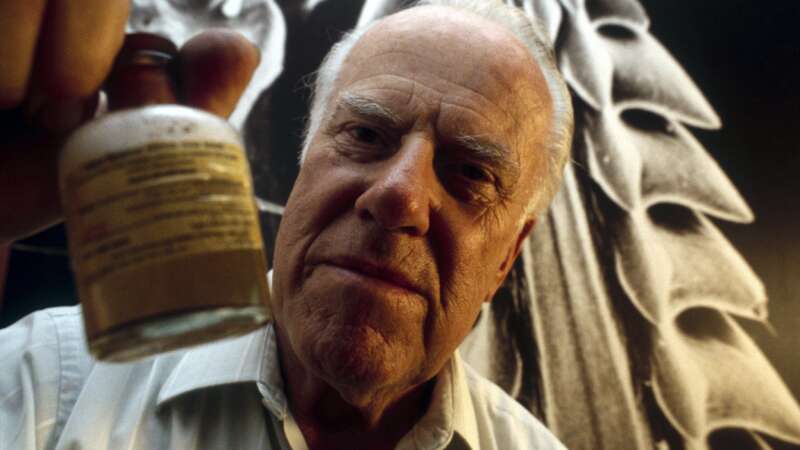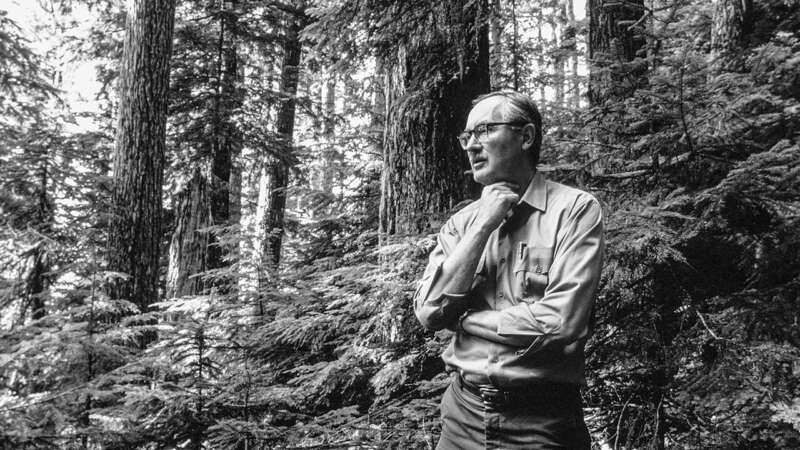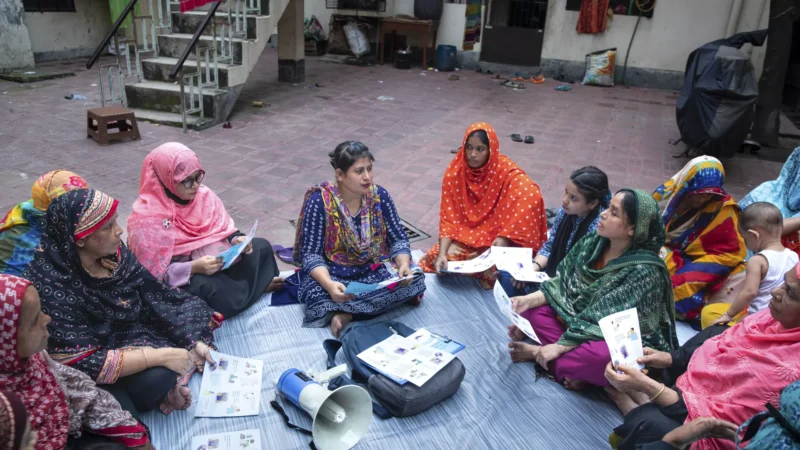health advocate
Dr. Nora Volkow: The Brain Behind Modern Addiction Research
Dr. Nora Volkow, a distinguished neuroscientist, is an important contributor in the fields of addiction science and mental health research.
Born in Mexico City in 1956, Dr. Volkow demonstrated academic prowess from the start, attending the National University of Mexico’s Medical School, where she was awarded the prestigious Robins Award for being the best medical student of her generation. She attending New York University to further her expertise in psychiatry, earning a Laughlin Fellowship for being one of the ten most outstanding psychiatric residents in the United States.
Jacques Régnière: Budworm to BioSIM
Jacques Régnière, born in Quebec City, has dedicated over four decades to advancing our understanding of forest pests and protecting our global forests. Earning his bachelor’s degree in biology from Laval University and a Ph.D. in insect ecology and biomathematics from North Carolina State University, Régnière began his career at the Canadian Forest Service in 1980, where he served until his retirement in 2024.
Throughout his distinguished career, Régnière focused on pressing issues in forest ecology, notably the population dynamics of the spruce budworm, mountain pine beetle, and spongy moth. His work in quantitative ecology has influenced pest management practices and provided a better understanding of climate change’s impact on invasive species and forest health.
Dr. Willy Burgdorfer: One Tick at a Time
Dr. Willy Burgdorfer, born on June 27, 1925, in Basel, Switzerland, is known for transforming the understanding of tick-borne illnesses.
Burgdorfer pursued his undergraduate and doctoral studies in parasitology and tropical bacteriology at the University of Basel – where he first developed his fascination with ticks while studying how these arthropods transmitted spirochetes that caused relapsing fever. In 1951, Burgdorfer moved to the United States for a fellowship in Montana at the Rocky Mountain Laboratories (RML) – a National Institute of Health biomedical research facility for vector-borne diseases, such as Rocky Mountain spotted fever, Lyme disease and Q fever.
Dr. Joia Crear-Perry: Elevating Voices and Challenging Systemic Racism in Health
Dr. Joia A. Crear-Perry is a prominent physician, policy expert, and a dedicated advocate for social justice, particularly in the realm of maternal and child health. As the founder and president of the National Birth Equity Collaborative, she has committed her career to addressing the deep-rooted issues of racial inequities in healthcare.
Dr. Crear-Perry’s work challenges systemic racism as a fundamental cause of health disparities, making her a sought-after speaker and trainer featured in various national and international media, including Essence and Ms. magazines.
Jerry Franklin: The Father of New Forestry
Jerry Franklin, known as the “Father of New Forestry,” has made his mark in forest management for integrating ecological and economic objectives. His approaches, which faced skepticism initially, have become the standard in both environmental and timber industry circles.
Franklin began his career as a research forester for the USDA Forest Service in 1959. His early work included long-term experiments on forest ecosystems, particularly old-growth forests.
Shiuly Khatun: Dengue Warrior
Shiuly Khatun is a Field Supervisor at the Dhalpur Aalo Clinic in Dhaka, Bangladesh, where she manages and coordinates the clinic’s operations. Her daily responsibilities are vast and critical, ranging from mapping areas and dividing work for community volunteers to conducting health sessions and overseeing satellite clinic activities.





